Frequently Asked Questions
1. What is the historical significance of pocket knives in combat?
2. What role did pocket knives play in historical conflicts?
3. What makes Damascus Steel special for combat pocket knives?
4. How are modern pocket knives adapting to current combat needs?
5. Why should someone choose a Damascus Steel pocket knife?
Throughout history, pocket knives have played a significant role in combat, serving not only as tools but also as symbols of survival and craftsmanship. With their compact design and versatile functionality, these small instruments, particularly when crafted from high-quality materials like Damascus Steel, have gained recognition on the battlefield. This article explores the historical significance of pocket knives in combat, examining their evolution, uses, and the craftsmanship that makes them revered across generations.
The Evolution of Pocket Knives in Warfare
Pocket knives have come a long way since their inception. Initially, these knives were simple, practical tools designed for everyday tasks. However, as they began to be utilized in combat, their designs evolved to meet the demands of warriors.
The Early Days: Tools to Weapons
In ancient civilizations, knives were primarily utilitarian tools used for various purposes such as cutting, hunting, and farming. As these societies encountered warfare, the need for more versatile weapons arose. This marked the beginning of the transition from simple pocket knives to more specialized combat tools.
The Role of Knives in Historical Conflicts
Throughout major historical conflicts, pocket knives proved their worth in close-quarter combat scenarios. Soldiers quickly realized that a reliable knife could be pivotal in life-and-death situations. This led to various designs incorporating features suitable for fighting, rather than mere utility.
Craftsmanship that Shaped Combat Pocket Knives
The art of knife-making has developed significantly over centuries, particularly with the advent of Damascus Steel, renowned for its unique patterns, strength, and ability to hold an edge. This material is particularly notable in the context of pocket knives intended for combat.
The Allure of Damascus Steel
Damascus Steel is named after the ancient city of Damascus, where this metallurgy was refined. The steel's distinctive wavy patterns are a result of the forging technique that creates multiple layers of steel, resulting in a blade that is not only aesthetically pleasing but also extremely durable. In combat, this type of steel can maintain its sharpness and withstand rigorous use, making it a choice weapon for soldiers throughout the ages.
Modern Day Craftsmanship
Today, the reverence for Damascus Steel continues, as artisans seek to replicate its storied history while innovating with modern techniques. The unique design and strength of modern pocket knives now make them both functional in combat and beautiful as collectible items. The marriage of utility and artistry highlights the timeless nature of these knives.
Uses of Pocket Knives in Combat
While their function has evolved, the uses of combat pocket knives remain fundamentally tied to their practicality and versatility. Here are some notable purposes:
- Close Combat: Pocket knives serve as reliable last-resort weapons in circumstances where firearms are impractical.
- Survival Tool: In many combat situations, soldiers find themselves in survival scenarios where a pocket knife can assist in shelter-making, food preparation, and other essential survival tasks.
- Multi-functional Uses: Modern pocket knives often feature additional tools such as screwdrivers, bottle openers, and can openers, making them all-in-one solutions for soldiers.
- Symbol of Brotherhood: In military culture, gifting a pocket knife signifies a bond between comrades, representing trust and loyalty.
Cultural Significance of Pocket Knives
Beyond their practical applications, pocket knives carry cultural significance across various societies. Their representation of honor, skill, and survival resonates deeply with soldiers and civilians alike.
The Military Tradition
In many military traditions, the pocket knife is considered more than just a tool; it is a rite of passage. From frontline soldiers to high-ranking officers, receiving a combat knife often marks an important milestone within the military hierarchy.
Collectibility and Heirlooms
For many collectors, pocket knives made from Damascus Steel not only serve a functional purpose but also act as valuable heirlooms. Generational passing of these items emphasizes their sentimental value and connection to a family’s history.
Modern Adaptations and the Future of Pocket Knives in Combat
As technology advances, so do pocket knives. Modern combat scenarios require innovations in design, durability, and functionality. Here are a few trends that are shaping the future of pocket knives:
- Ergonomic Design: Understanding the need for comfortable handling during extended use, many manufacturers are focusing on ergonomics to enhance usability.
- Advanced Materials: The evolution of synthetic materials allows for lighter and more durable knife structures while maintaining the beauty of Damascus Steel.
- Smart Features: Integrating technology such as LED lights or digital measurements has given rise to a new generation of combat pocket knives.
Why Choose Damascus Steel Pocket Knives?
Choosing a combat pocket knife involves considering various factors, and Damascus Steel stands out for several reasons:
Unmatched Strength and Sharpness
The unique layering process that defines Damascus Steel yields blades that are incredibly tough, retaining sharpness longer than many other types of steel available on the market today. This quality is not only significant for combat but also for everyday tasks.
Aesthetic Appeal
Besides function, the beauty of Damascus Steel cannot be overlooked. The unique patterns formed during the forging process render each blade one of a kind, appealing to both practical users and collectors.
Historical Legacy
Finally, opting for a pocket knife made of Damascus Steel ensures that you're holding a piece of history. The legacy of this material adds a value that transcends mere utility, often inspiring stories of generations before.
Final Thoughts: Carry a Piece of History
Empire or individual, the history of pocket knives in combat transcends mere functionality, emerging as a symbol of human ingenuity and survival. Their worth extends beyond the battlefield, making them cherished tools and artifacts for collectors and users alike. Whether you’re a history enthusiast, an outdoor adventurer, or a collector seeking that perfect piece, a combat pocket knife made of Damascus Steel is not just a tool but a conversation starter and a work of art. Embrace the legacy and experience the craftsmanship that continues to shape the narrative of pocket knives through time.






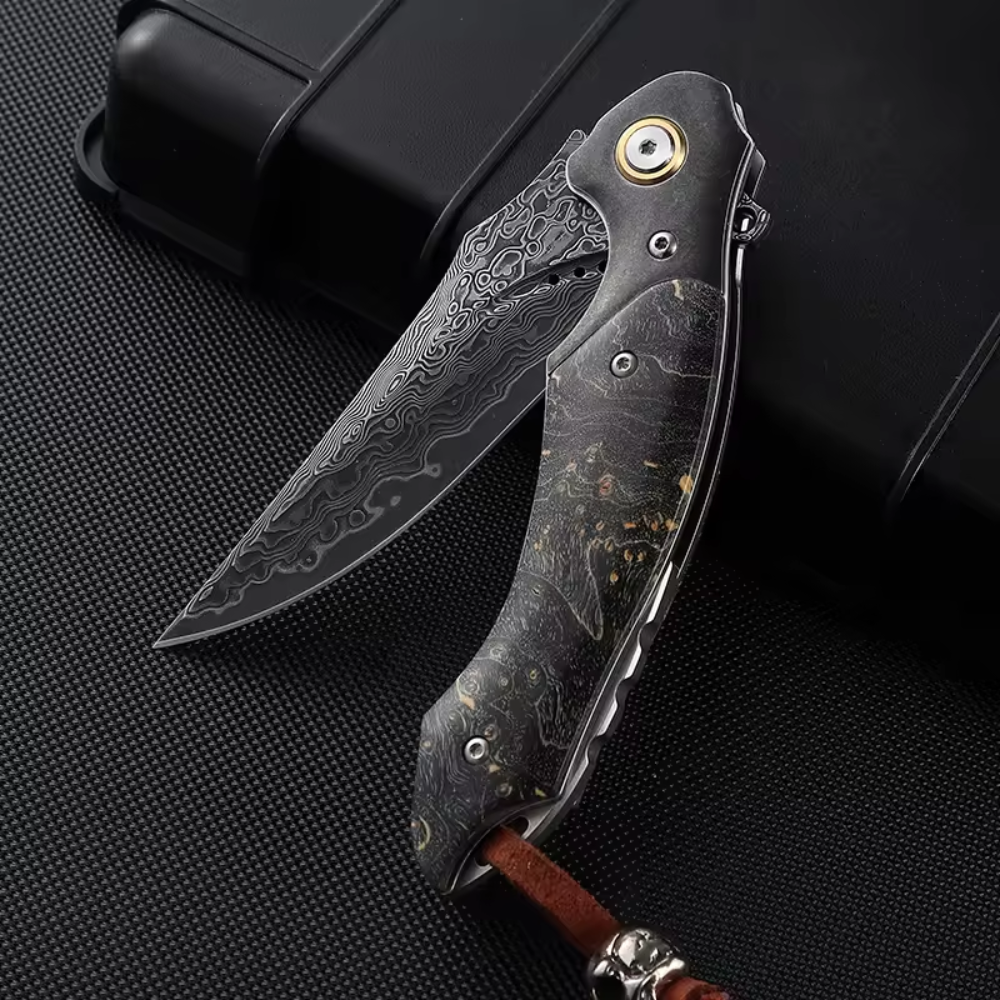
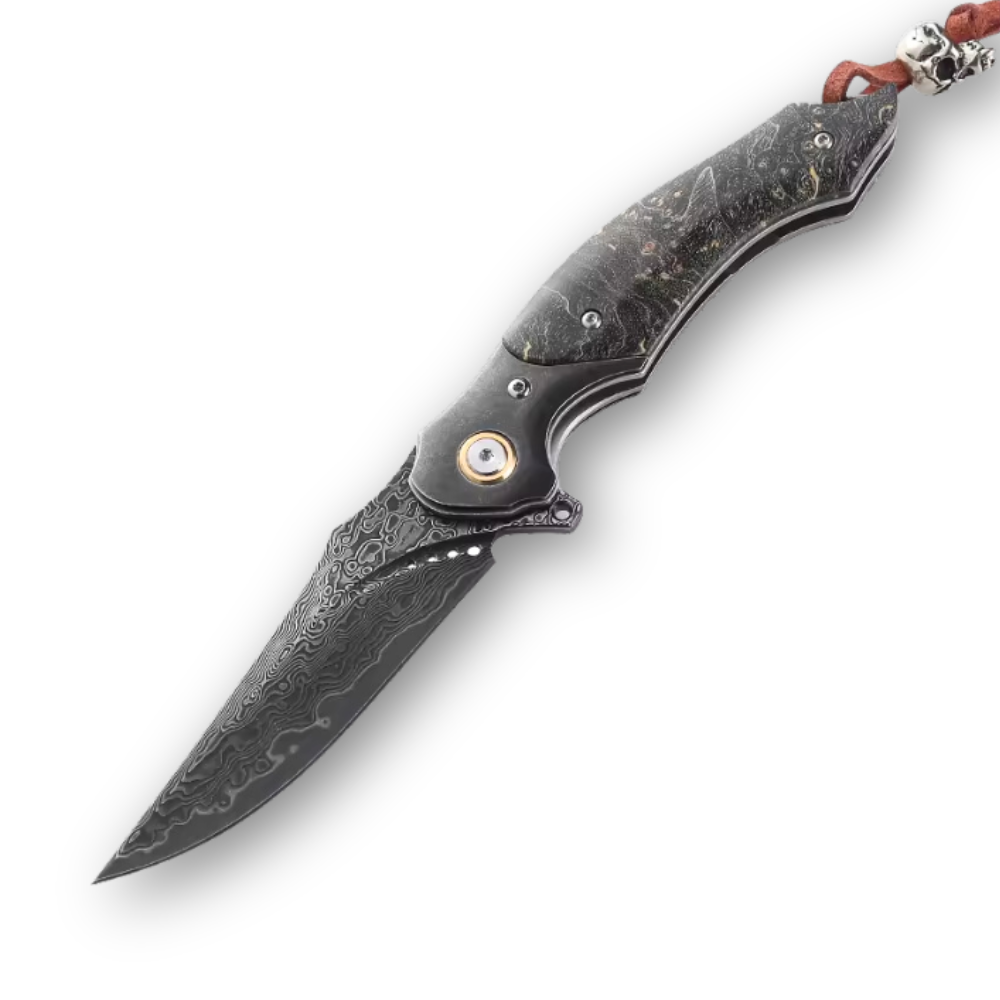
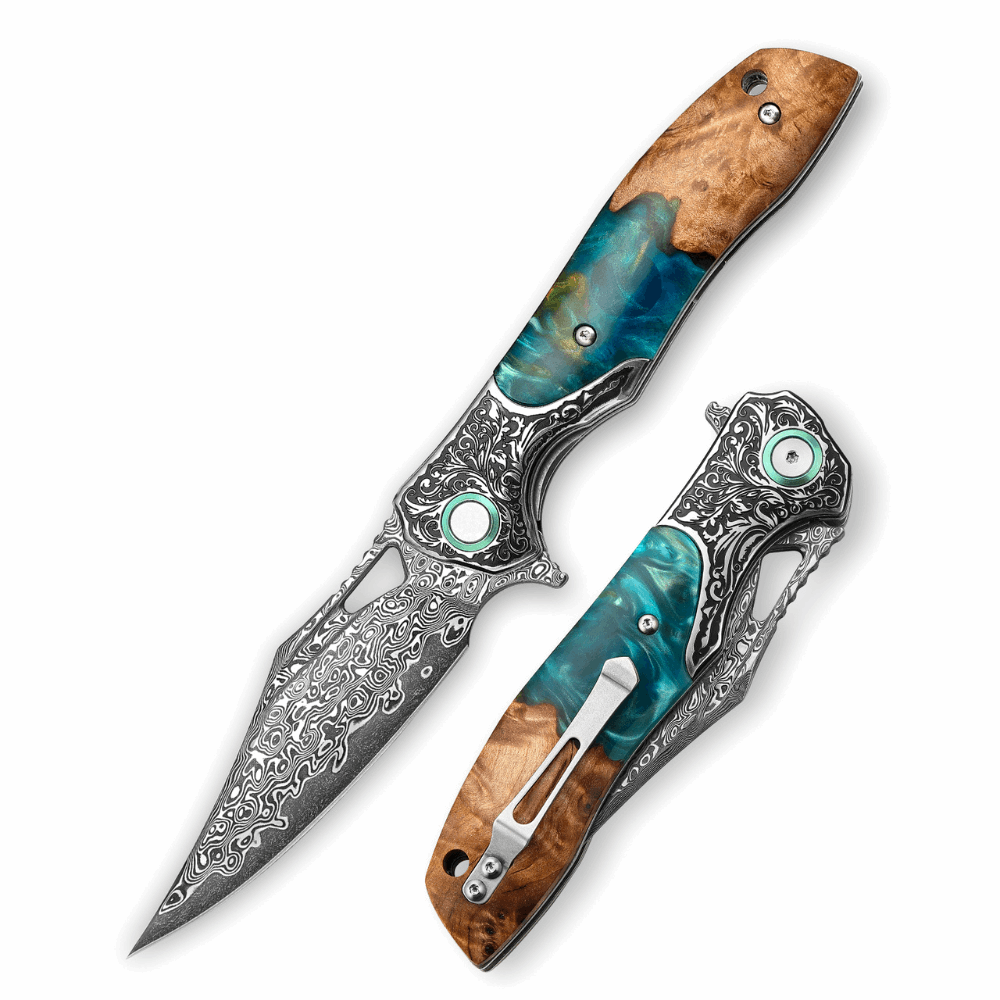
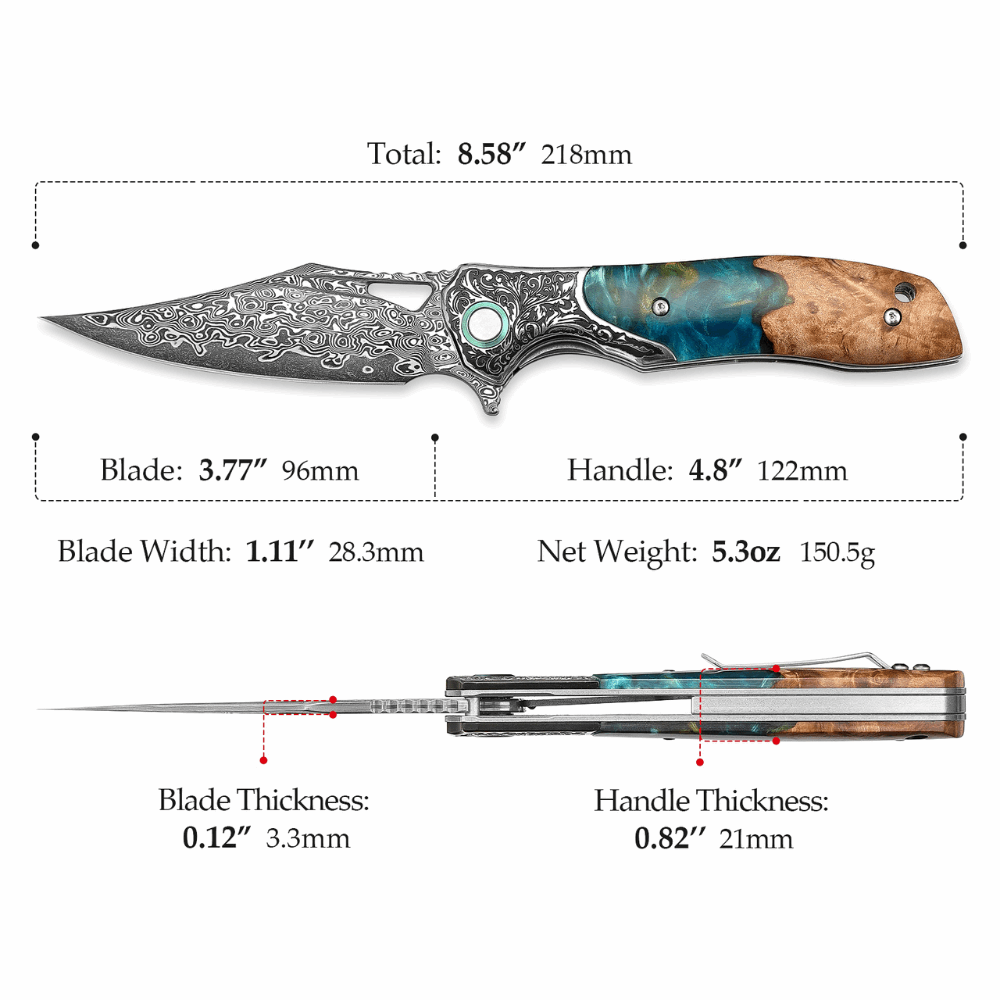
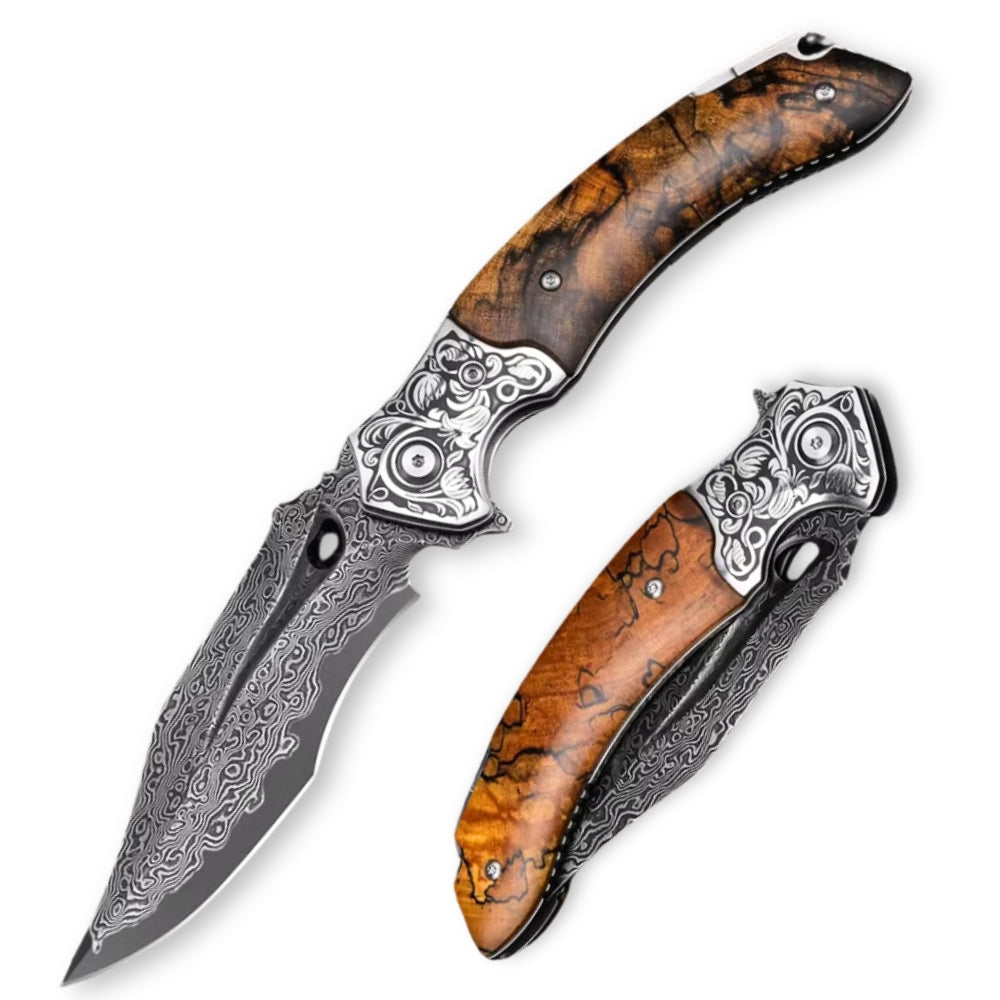
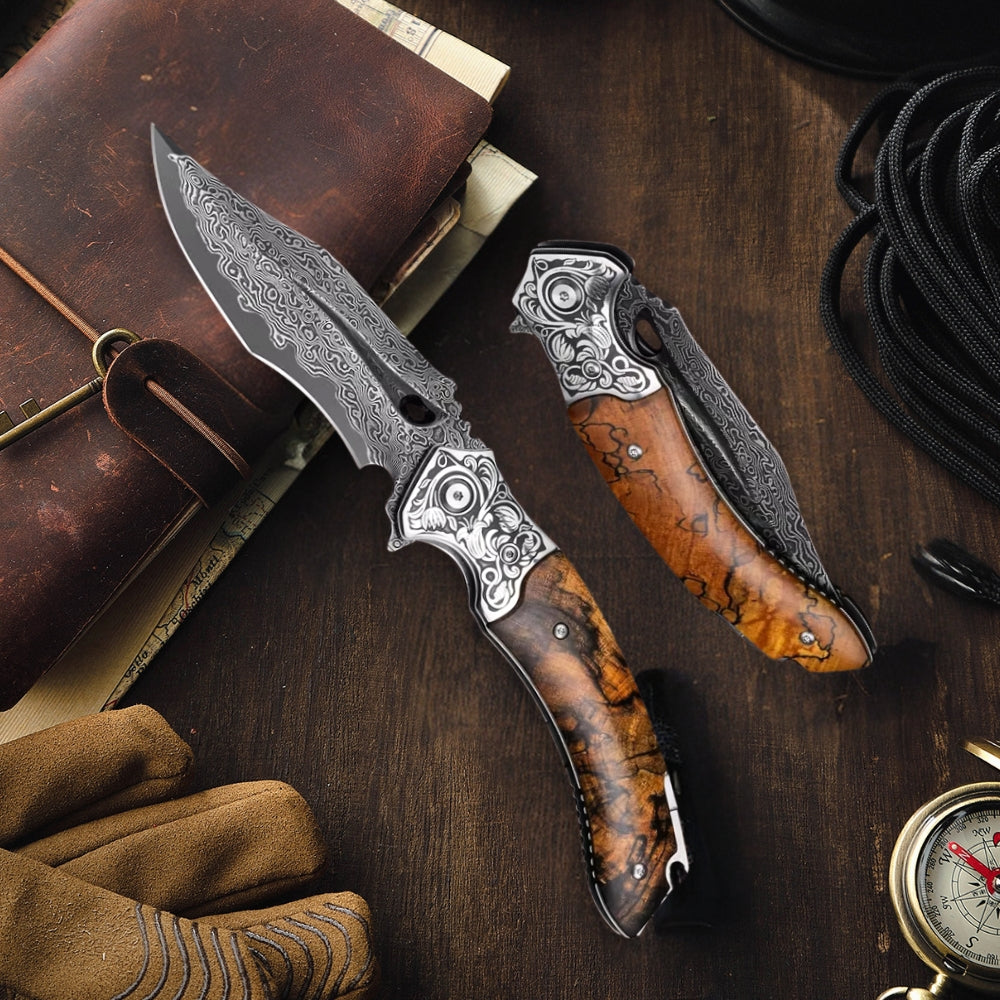
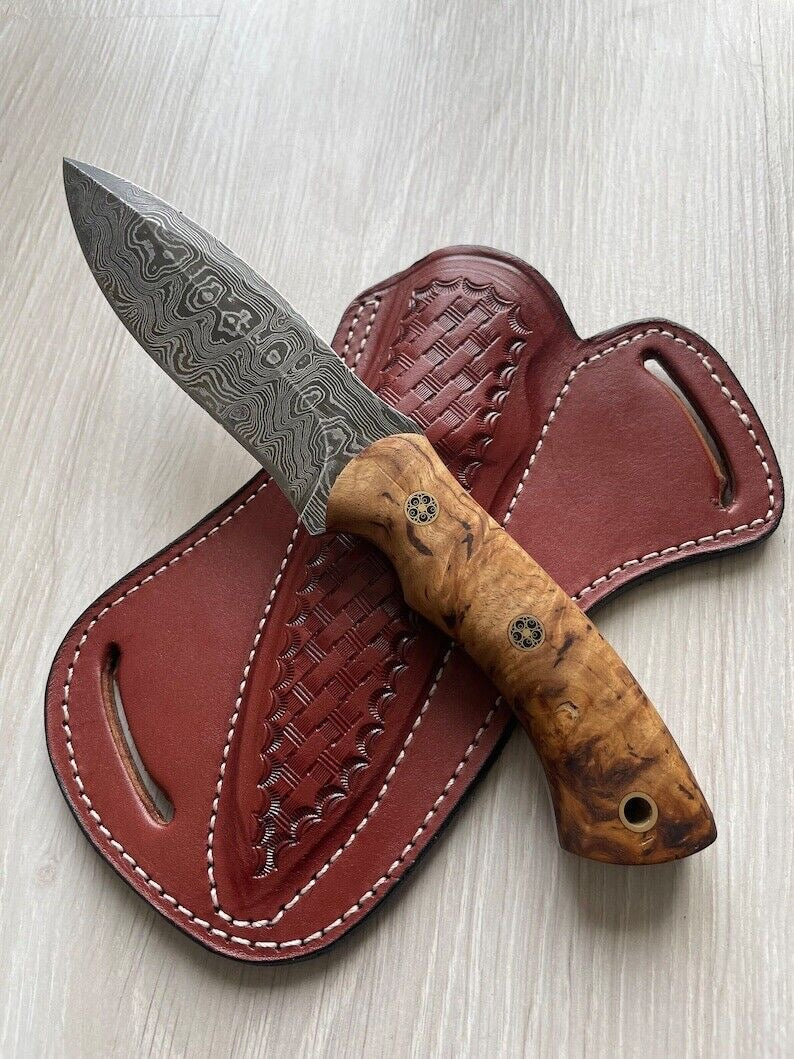
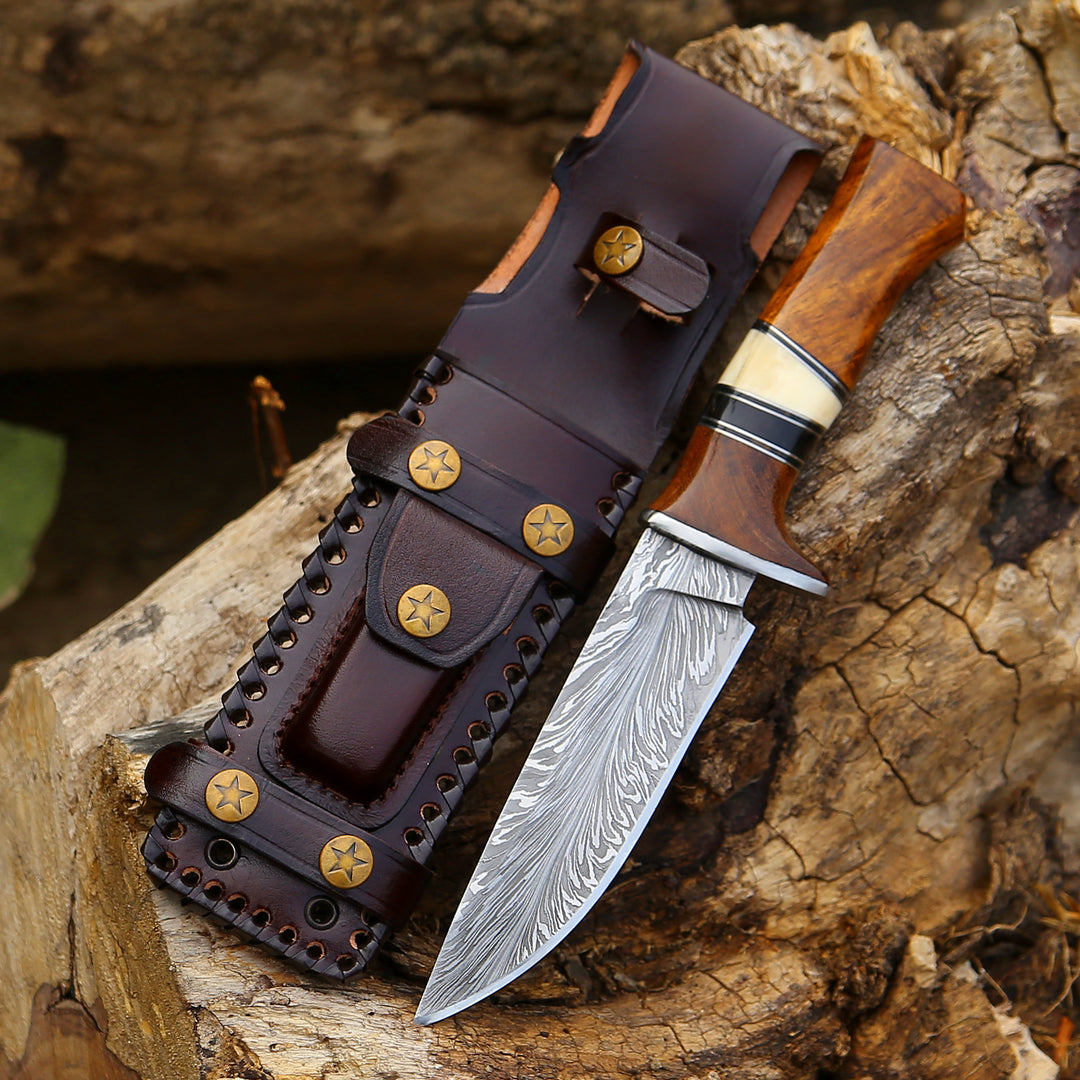

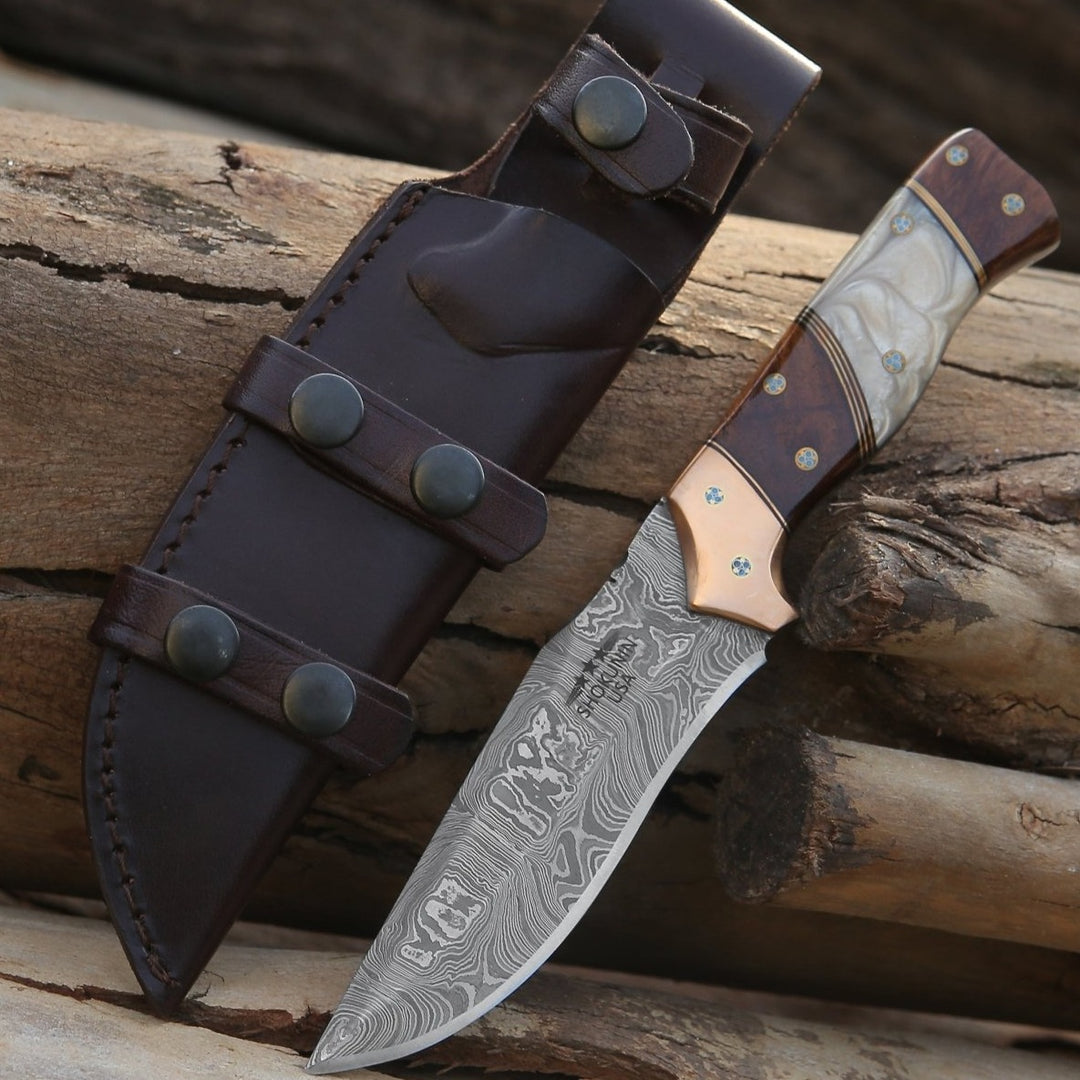
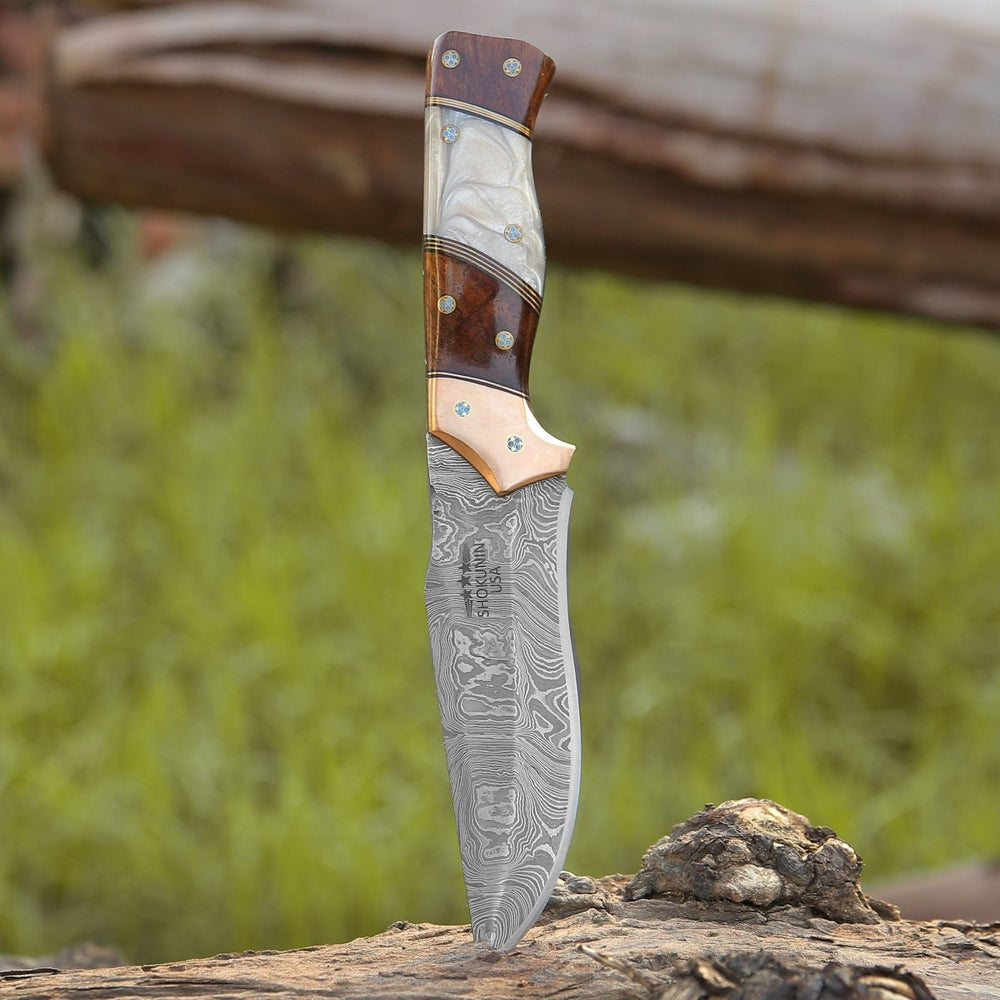

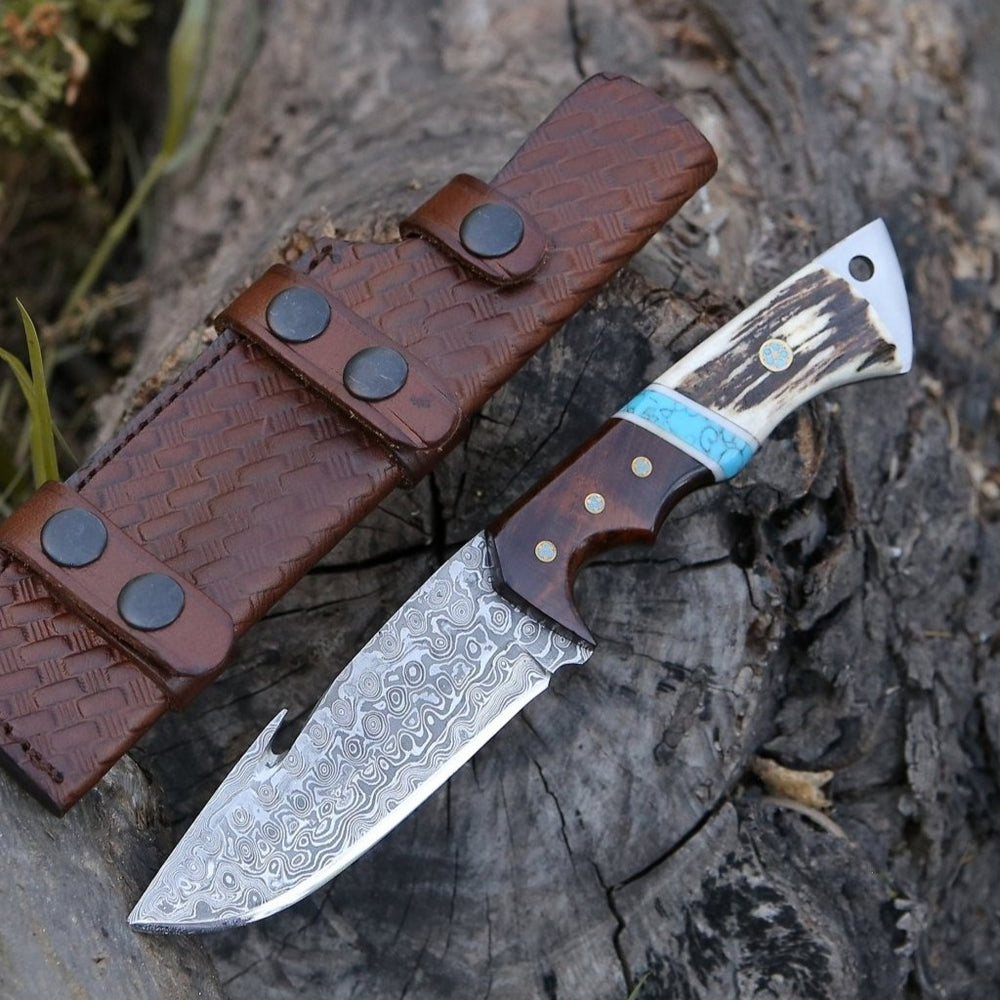
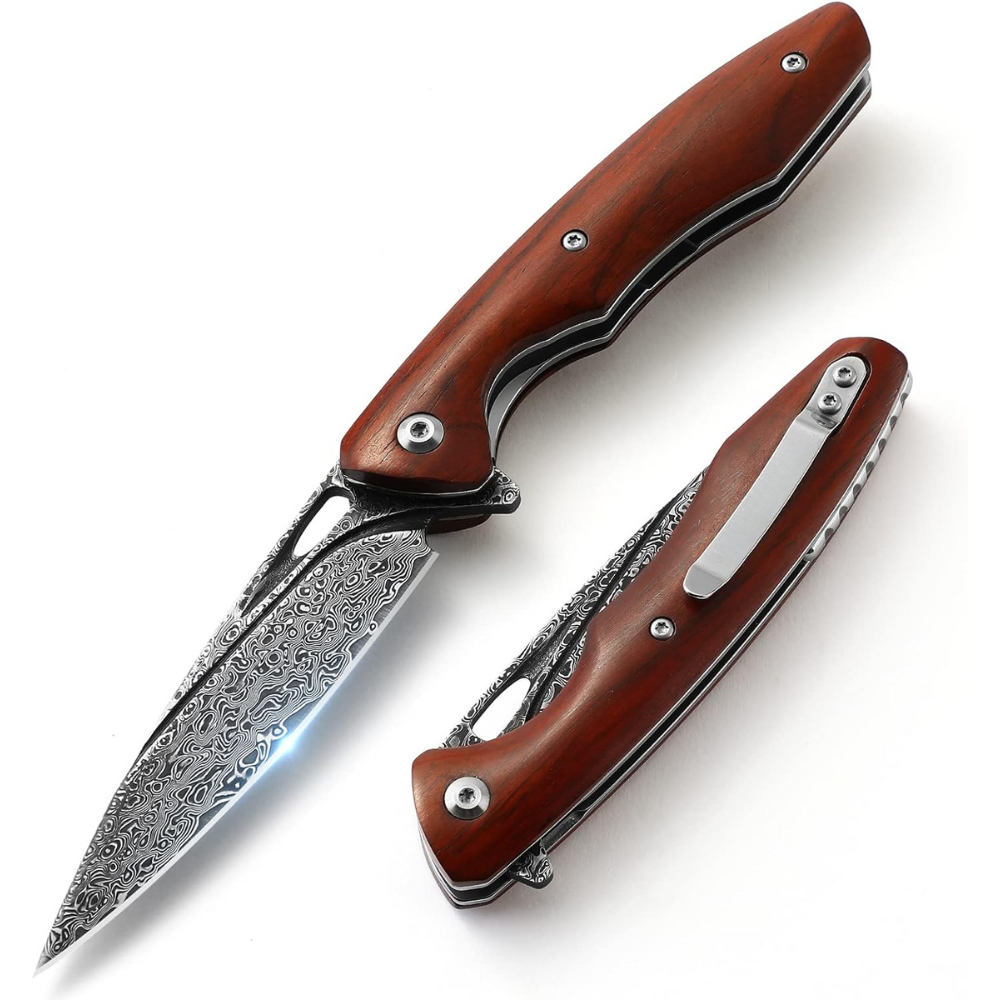
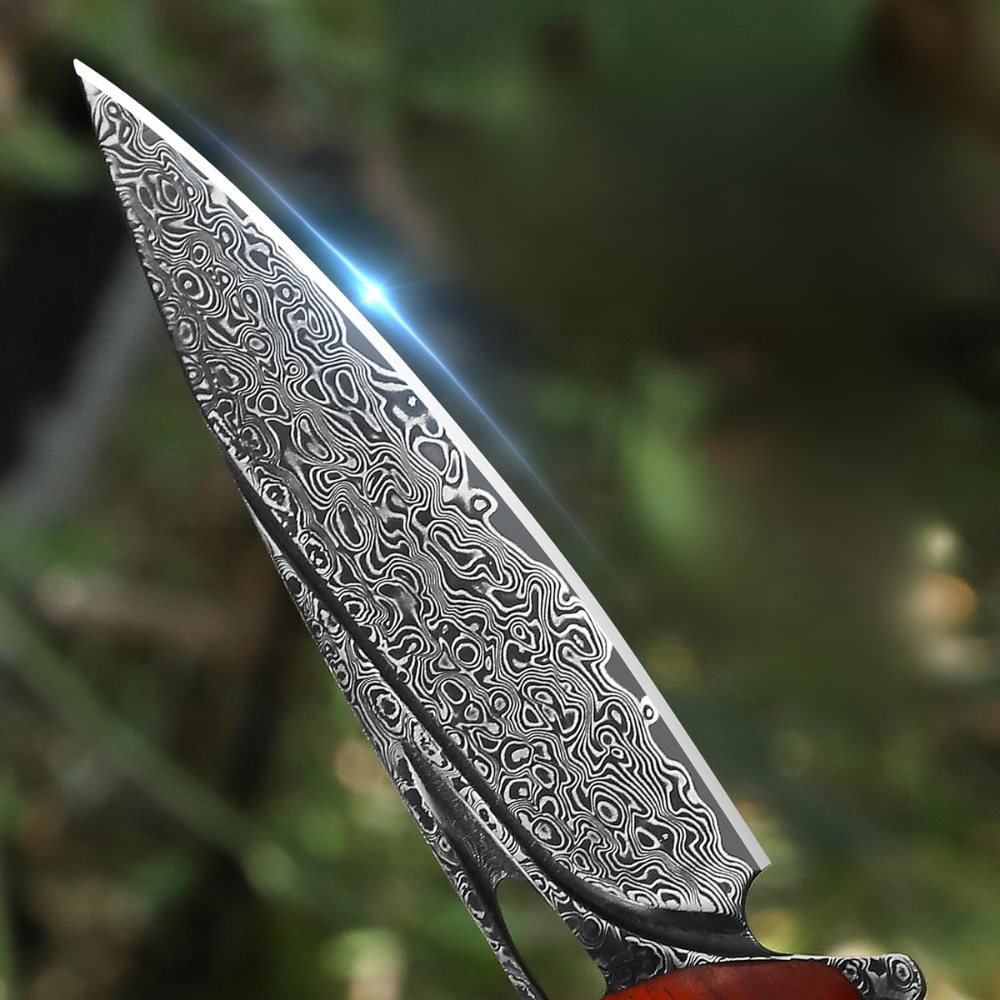
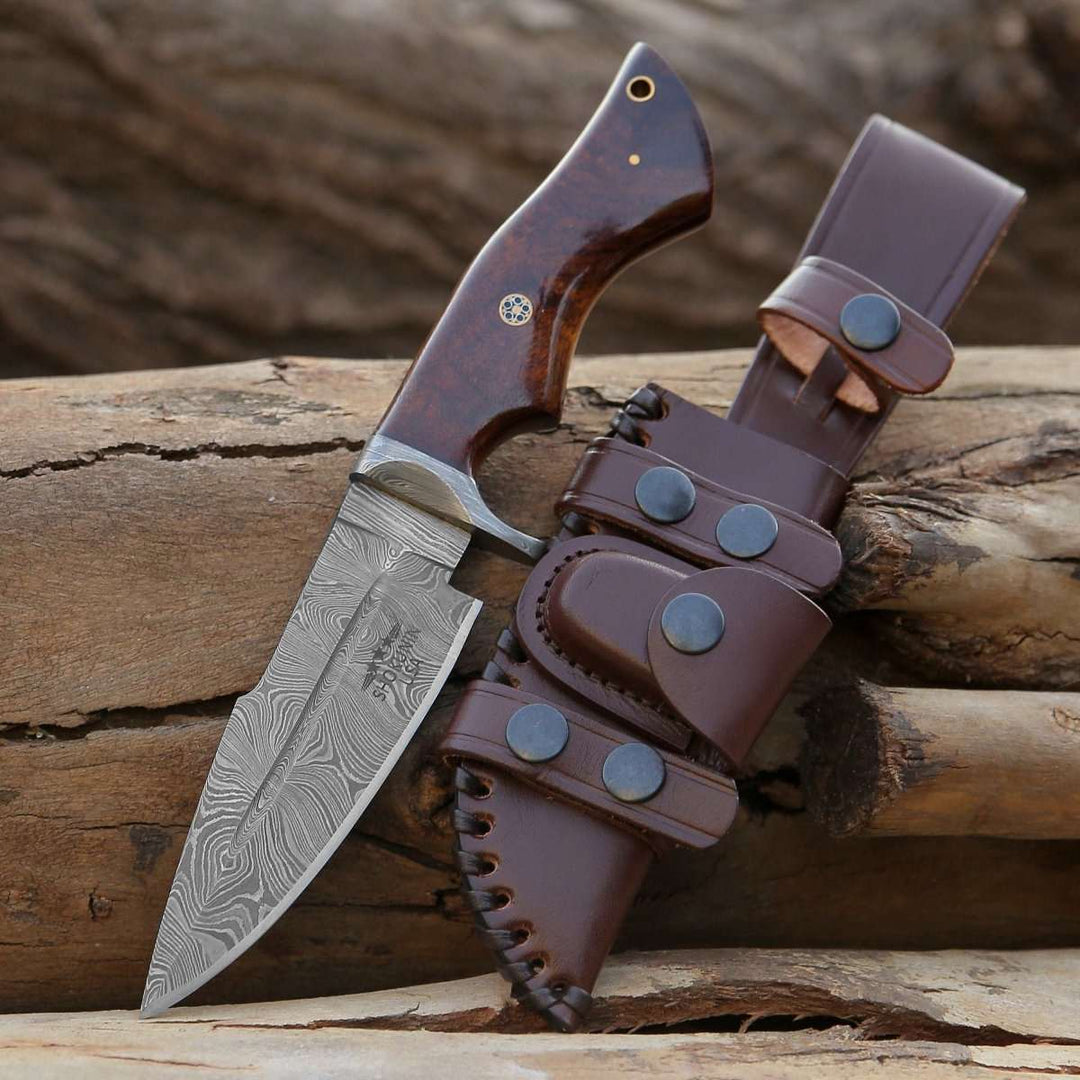
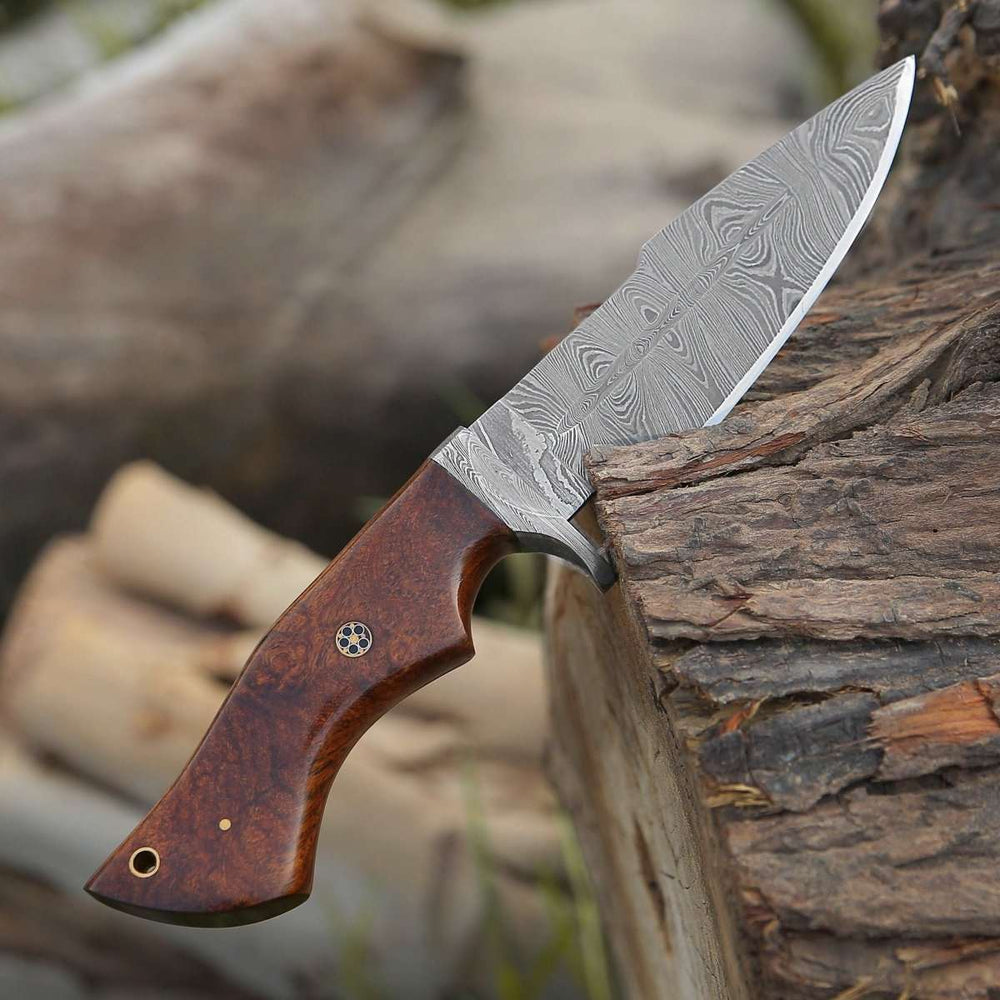
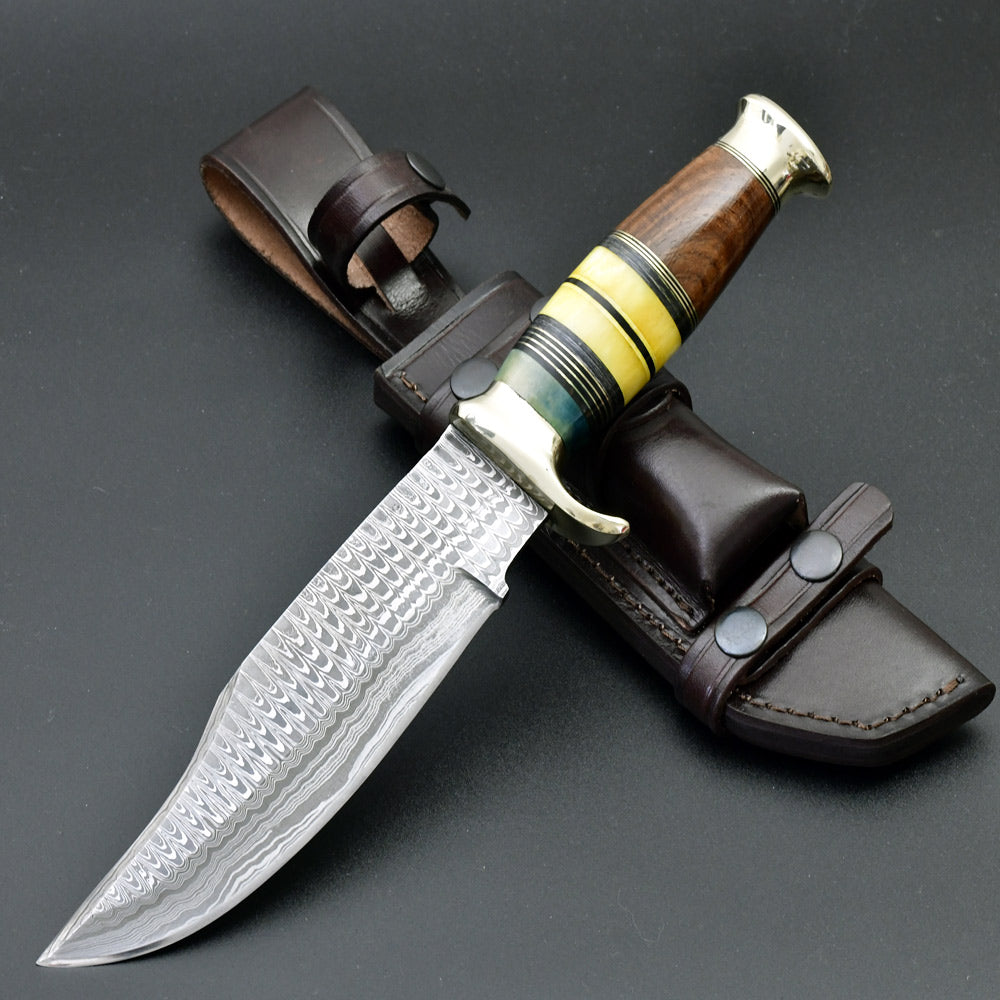
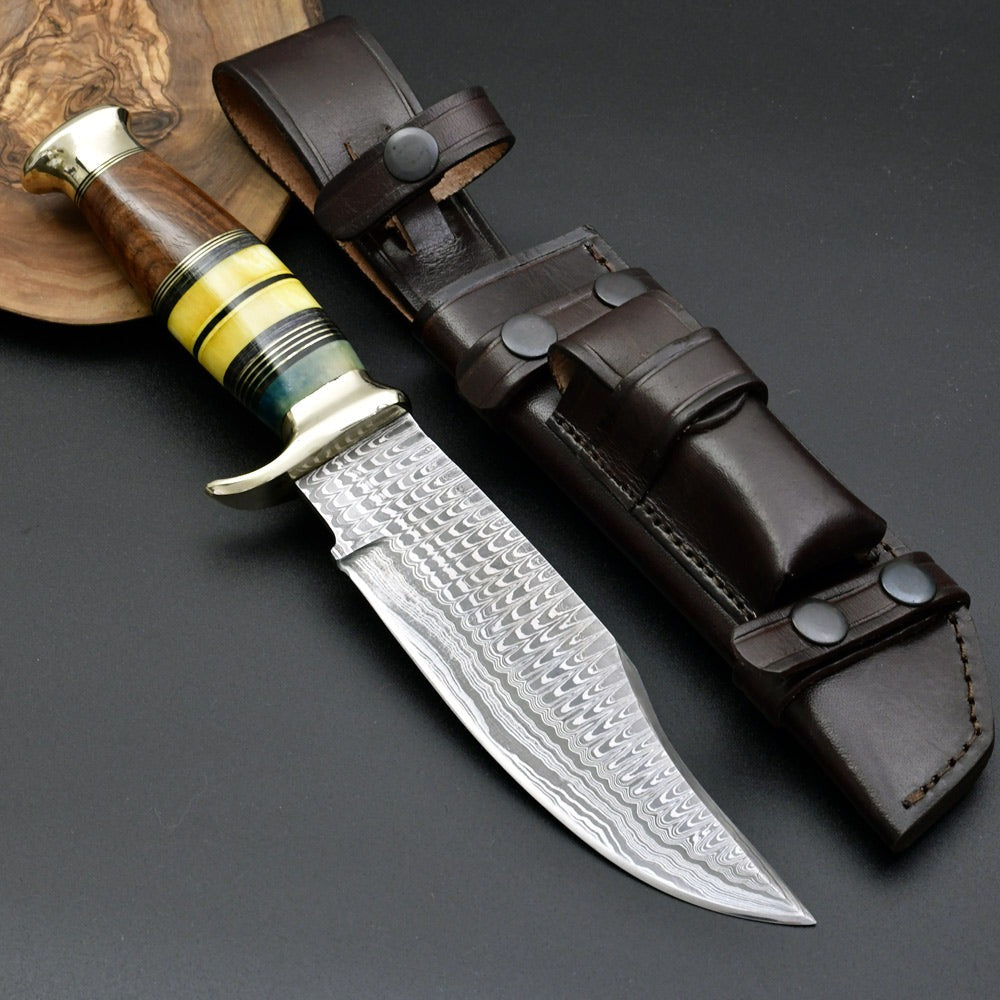
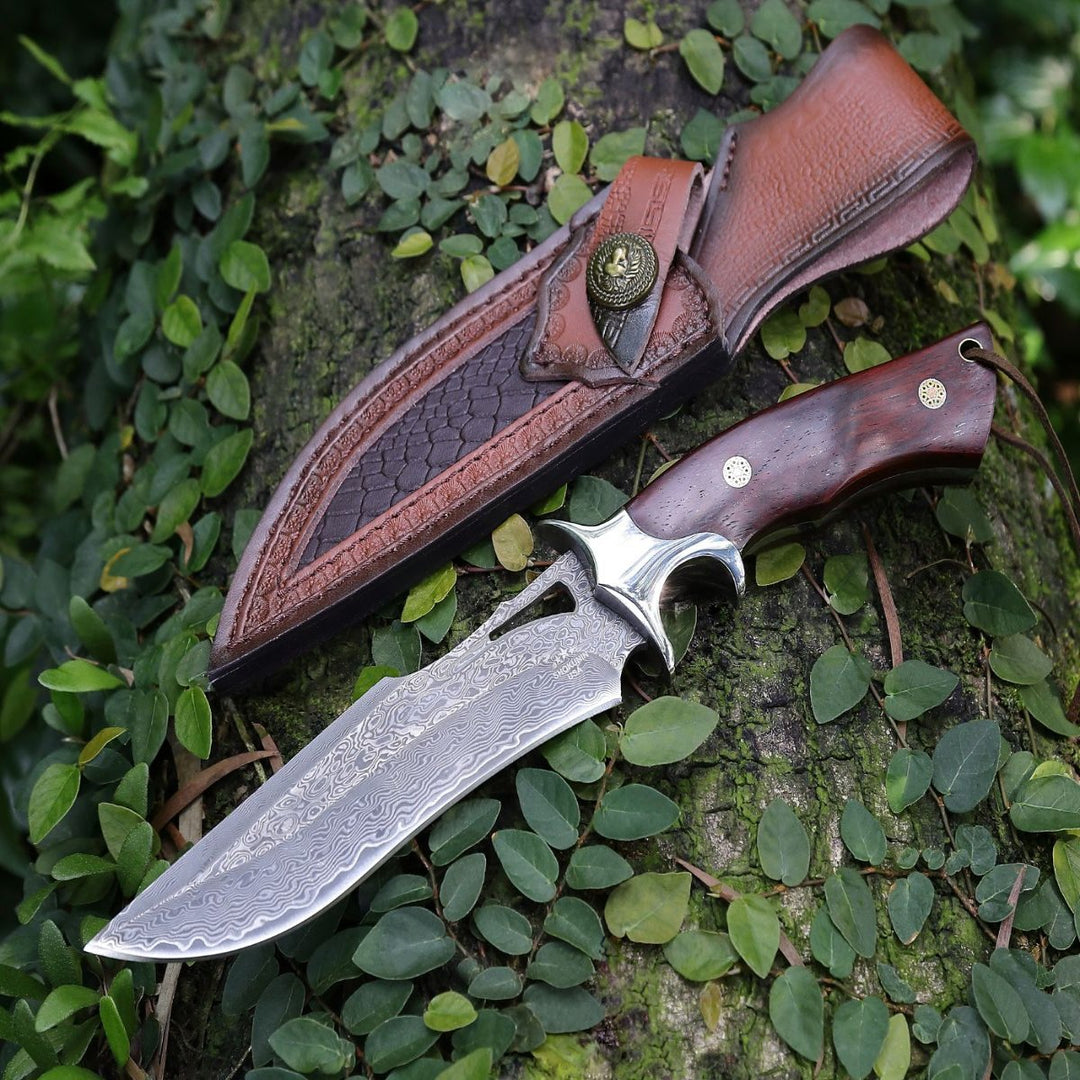
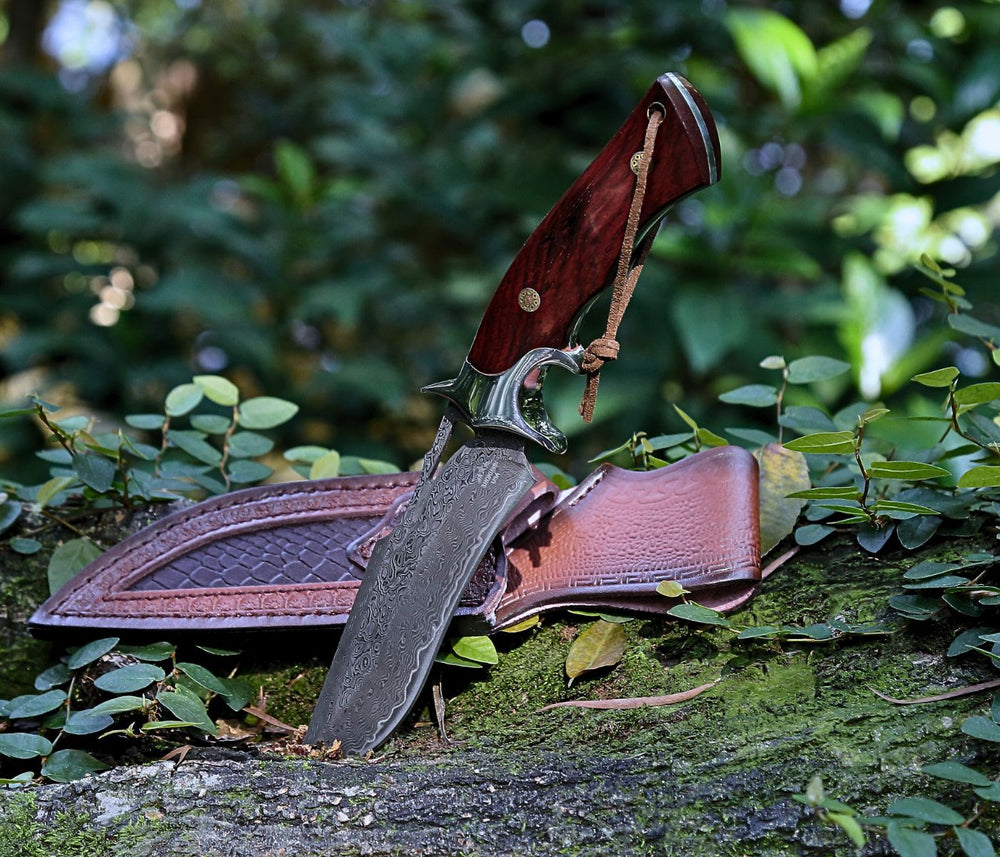
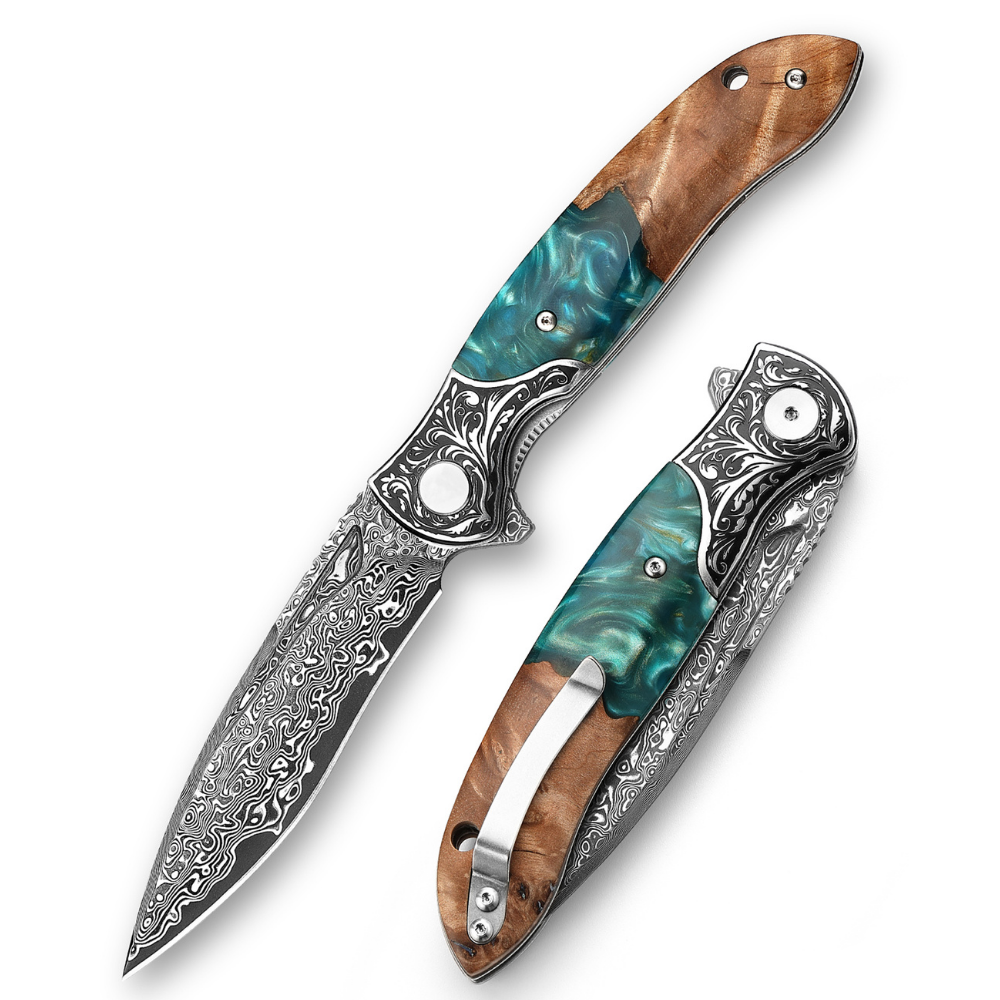
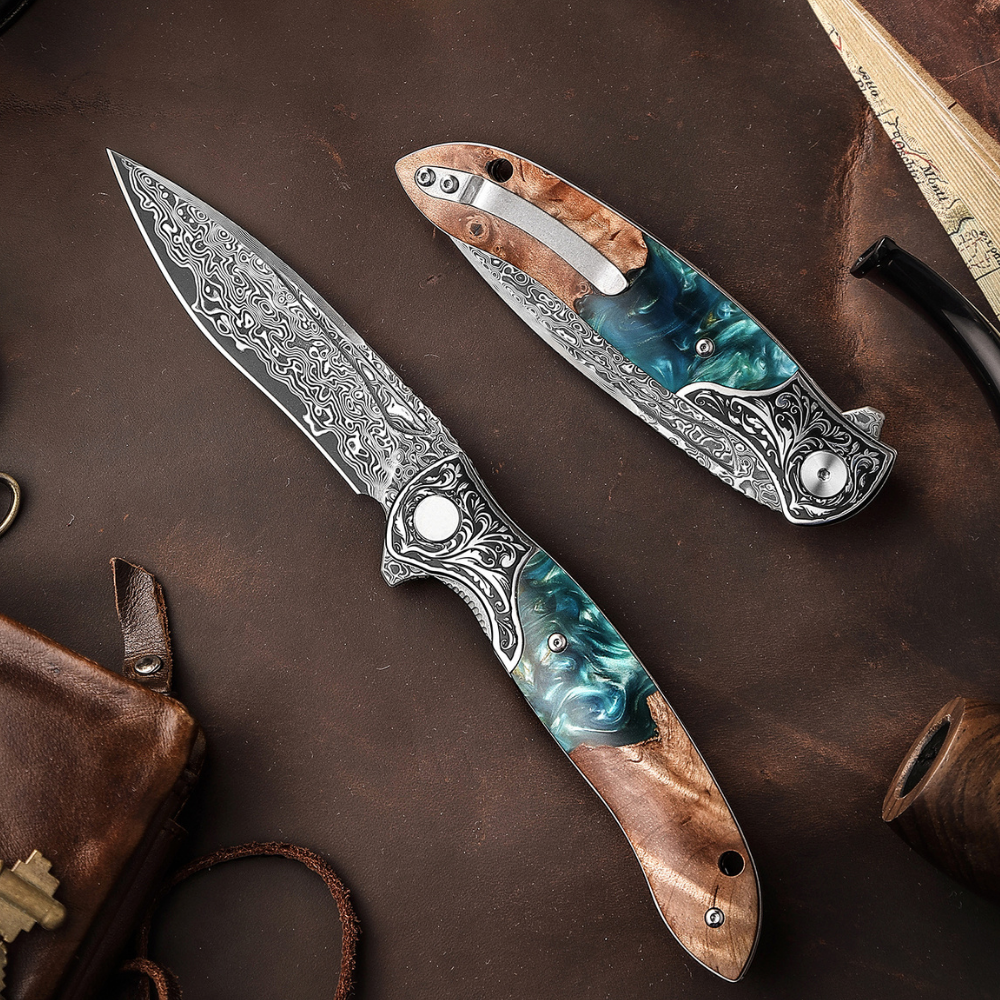
Leave a comment